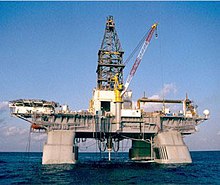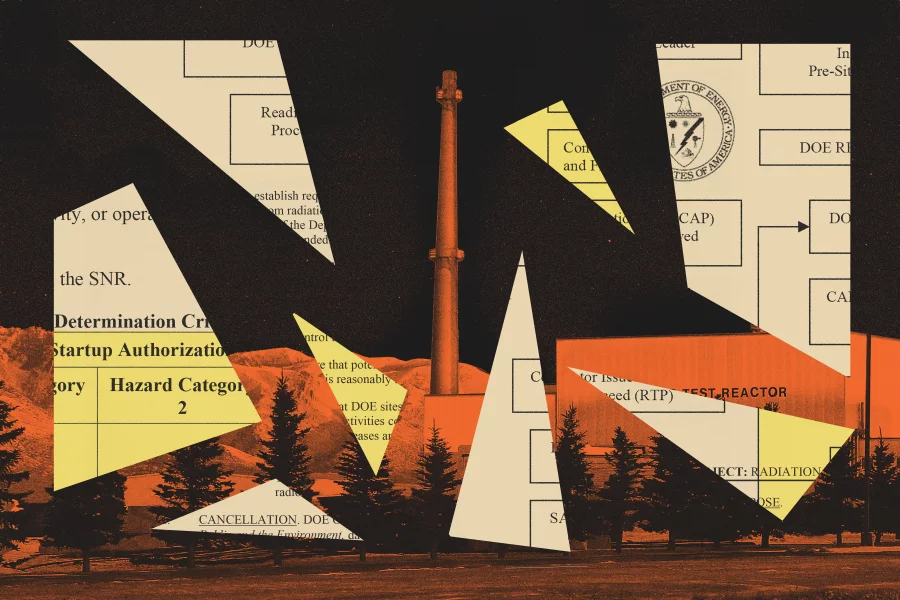 BP Plc’s Gulf of Mexico oil spill was caused by poor management practices that are “systemic” in the industry and may recur absent “significant reform,” according to a presidential panel probing the spill.
BP Plc’s Gulf of Mexico oil spill was caused by poor management practices that are “systemic” in the industry and may recur absent “significant reform,” according to a presidential panel probing the spill.
Bad decisions by BP and its main contractors, Halliburton Co. and Transocean Ltd, coupled with lax government oversight, caused the worst U.S. offshore oil spill, the National Commission on the BP Deepwater Horizon Oil Spill said today. The April 20 blowout of BP’s Macondo well, which killed 11 workers, destroyed Transocean’s $365 million Deepwater Horizon rig and spewed crude for 87 days, was avoidable and not the result of “aberrational decisions,” the panel said in a report.
“Do we have a single company, BP, that blundered with fatal consequences, or a more pervasive problem of a complacent industry?” commission co-chairman William Reilly, a former administrator of the Environmental Protection Agency, said in a statement. “Given the documented failings of both Transocean and Halliburton, both of which serve the offshore industry in virtually every ocean, I reluctantly conclude we have a system- wide problem.”
The commission, appointed by President Barack Obama, will present its full report on the BP spill Jan. 11. The chapter released today on the causes of the blowout 5,000 feet below the surface faults industry and government regulators for failing to identify and manage risks that ultimately overwhelmed safeguards meant to prevent such an event.
“This disaster likely would not have happened had the companies involved been guided by an unrelenting commitment to safety first,” commission co-chairman Bob Graham, a former Democratic U.S. senator and Florida governor, said in a statement. “And it likely would not have happened if the responsible governmental regulators had the capacity and will to demand world-class safety standards.”





 Donald Trump has vented his fury against a green energy deal between the British government and...
Donald Trump has vented his fury against a green energy deal between the British government and... The Trump administration has overhauled a set of nuclear safety directives and shared them with the...
The Trump administration has overhauled a set of nuclear safety directives and shared them with the... For those who did not manage to buy portable gas heaters and stoves, firebricks have become...
For those who did not manage to buy portable gas heaters and stoves, firebricks have become...






























